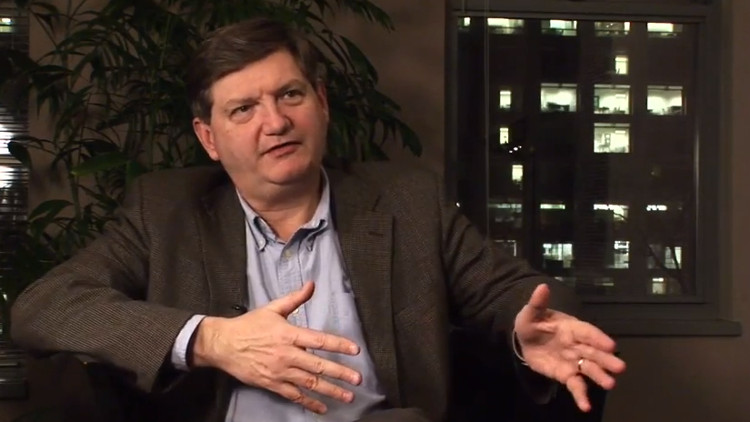Last week was a brutal one for journalism.
It began with the six-month suspension of NBC Nightly News anchor Brian Williams. That was followed up with a sudden jolt of sorrow, brought on by the deaths of two legendary reporters—Bob Simon of 60 Minutes and revered New York Times media columnist David Carr. Both men died unexpectedly, Simon in a car crash on the West Side Highway and Carr collapsing in the newsroom he adored. The industry’s collective heart was broken.
Media outlets published beautiful tributes to the two fallen journalists, and Williams’ self-inflicted wound attracted widespread coverage as his fellow reporters—along with NBC News—began digging into his past remarks.
There was more bad news.
On Feb. 11, international press freedom organization Reporters Without Borders released its annual Press Freedom Index, which revealed the continued degradation of press freedom on all five continents.
The United States was no outlier. The country’s press freedom rating dropped three spots from last year to No. 49 out of 180 countries.
The US’ subtle fall came to no surprise to anyone following the Obama administration’s so-called war on whistleblowers (his administration has charged more people under the Espionage Act—8—than all others combined) and the court battle pitting Times Pulitzer Prize winning journalist James Risen against the federal government, which had pressured him to reveal his source, to no avail. There was also the arrest of journalists covering the protests in Ferguson, Mo., which resembled the arrests of reporters documenting the Occupy Wall Street demonstrations three years ago.
Supporters of press freedoms have also not forgotten about the seizure of Associated Press reporters’ phone records and the labeling of Fox News reporter James Rosen a co-conspirator in a case involving a former US State Department advisor. Both cases involved leaks to journalists. Also concerning, has been the prosecution of Texas-based journalist Barrett Brown, who was recently sentenced to 63 months in prison.
Delphine Halgand, US Director of Reporters Without Borders, told the Press: “National security protection is threatening freedom of information in the US.”
“We have seen the continuation of the war against whistleblowers that the US has launched since President Obama took office in 2009,” she added.
It was Risen’s case that received the most attention, including front-page stories in his own newspaper and a segment on 60 Minutes last year, dubbed “War on Leaks.” Despite the lengthy legal battle, which came to an end in January when the DOJ decided against having him testify in a leak case, Risen refused to be silenced, and was outspoken about how far the government was willing to go to have him reveal the name of his source.
On more than one occasion, Risen called Obama “the greatest enemy to press freedom in a generation.”
Risen’s critique conflicts with the image the president tried to present when he first stepped into office in 2009.
“My Administration is committed to creating an unprecedented level of openness in government,” Obama wrote in a memorandum signed Jan. 21, 2009. “We will work together to ensure the public trust and establish a system of transparency, public participation, and collaboration. Openness will strengthen our democracy and promote efficiency and effectiveness in government.”
While no reporter has been prosecuted for writing stories using classified documents, press freedom advocates say the arrest and aggressive prosecution of whistleblowers chills free speech because government workers who believe misdeeds are being committed may resist the temptation of speaking to journalists out of fear of prosecution.
NSA whistleblower Edward Snowden has been a thorn in the government’s side ever since he revealed mass surveillance at home and abroad. But he’s one of the few who got away.
Chelsea Manning, who leaked a quarter of a million classified documents to the anti-secrecy group WikiLeaks, which included footage of US Apache helicopters killing unarmed civilians and two Reuters journalists, was sentenced in August 2013 to 35 years in prison. Prior to his court martial, Manning spent three years in pre-trial confinement, at times naked.
It’s prosecutions like Manning’s that has Halgand worried—and why the United States’ rating has fallen precipitously, from 20 to 49, in just the past five years.
Asked if she has any advice for the US government, Halgand said Congress should pass a press shield law that protects them and their sources from prosecution and improve its Freedom of Information laws.
If the government can subpoena a high-profile New York Times journalist for simply doing his job, that could only mean that no reporter is off-limits.































